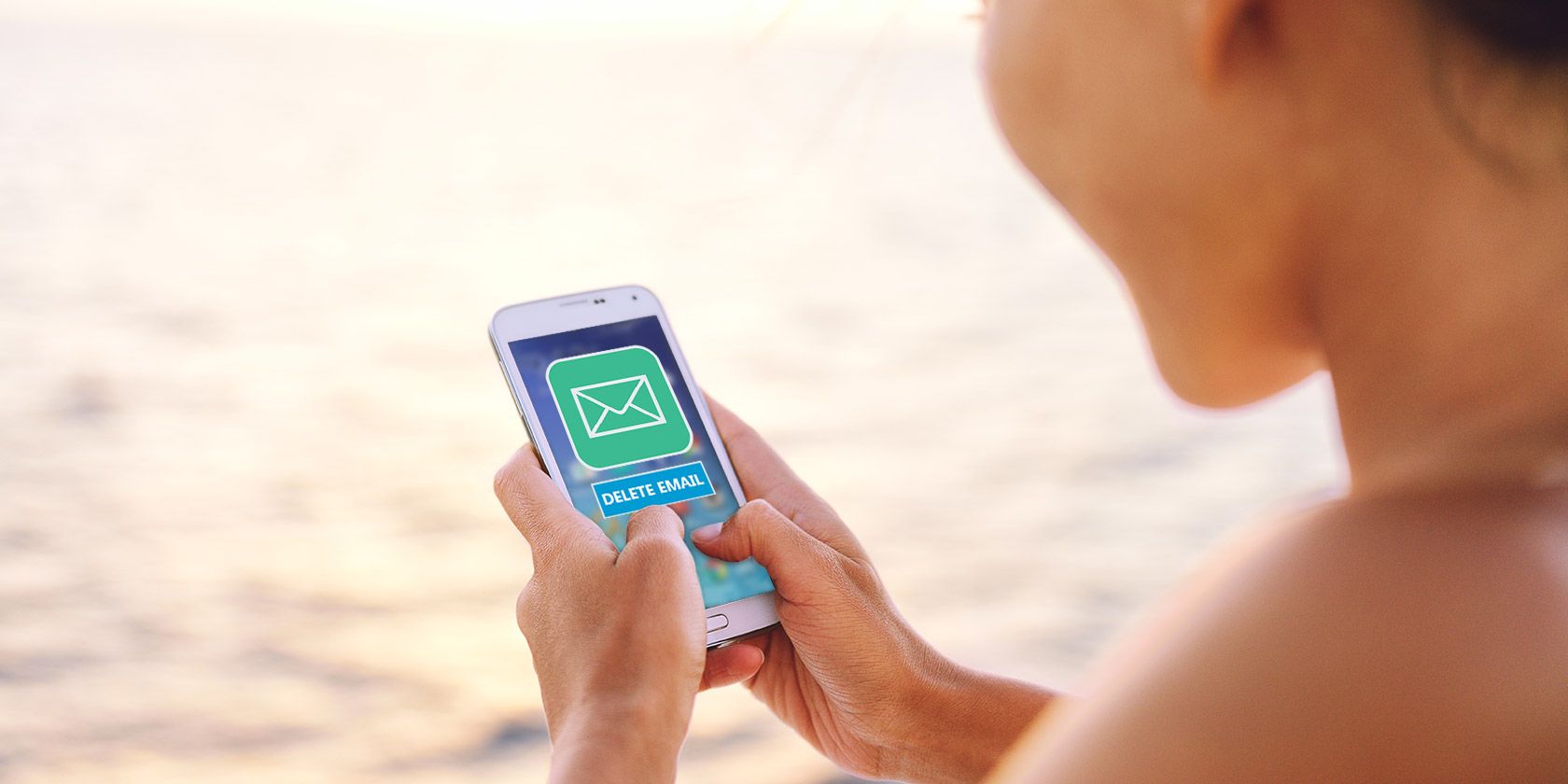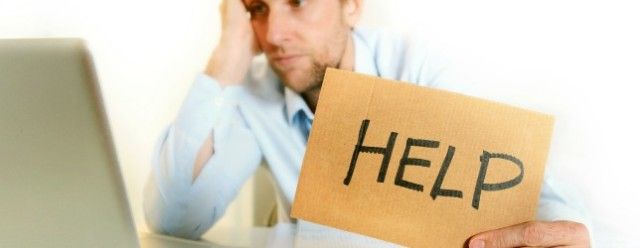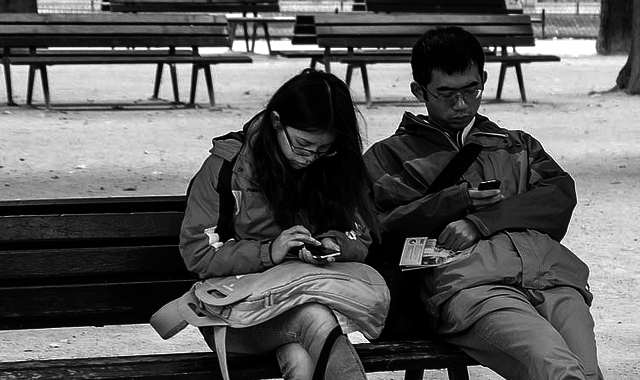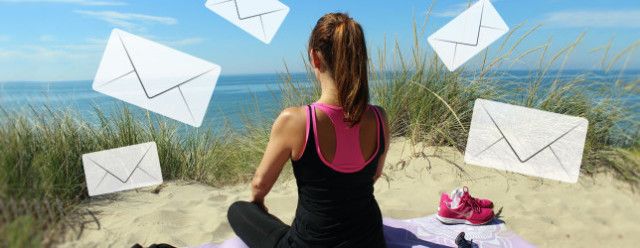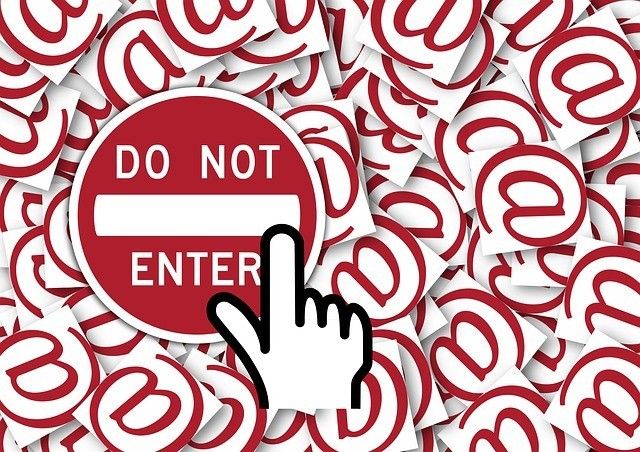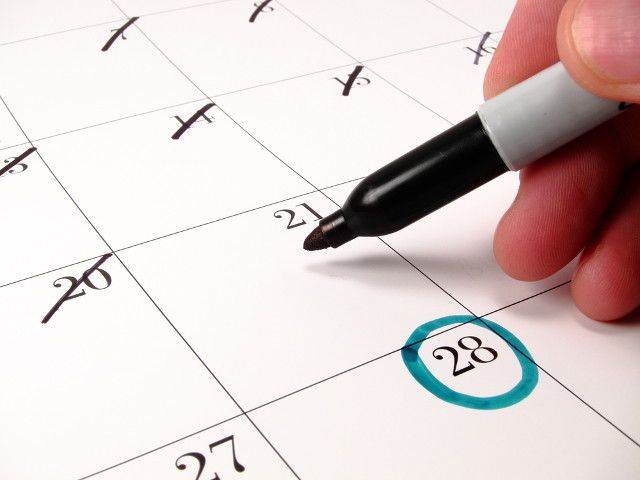On the face of it, being connected 24/7 might seem like a good idea. Perhaps you're working on an important project that could stall if you don't reply to emails quickly. Perhaps your colleagues are answering email late at night and you don't want to feel left out.
But there are a range of convincing arguments for why constantly being shackled to your inbox is a terrible idea. To start, it's unlikely to increase your productivity, but it's also bad for your health.
We've already written widely on email management. We know how to deal with email overload, or how to scientifically write the perfect email. All that advice is great when you're actually at work. But when you're out of the office, it seems like it's best (for most of us) to delete that email app from your phone entirely, and leave those emails unread until tomorrow.
The Pros Are Escaping Email
There's a good reason why books like 7 Habits of Highly Effective People sell so well. They offer a glimpse into the workflows of people who manage to achieve so much more than Average Joe. What's more, these habits and workflows can be learned and replicated.
One habit that keeps cropping up in articles and books of a similar vein is the avoidance (as far as possible) of that stressful enemy; email.
In a podcast episode with Tim Ferriss, founder of Wired and Tech Oracle Kevin Kelly admitted to pretty much never using email. Business blogger Patt Flynn hired an email assistant so he could spend as little time in his inbox as possible. Mathematics professor Cal Newport has a strict email regime which bans email after work hours. The Verge writer Paul Miller went offline for a year citing "the hamster wheel of an email inbox" as one of the reasons. Comedian Aziz Ansari told Freakonomics Radio that he ignores email because "all that **** people email you about all the time, all day, none of it is important".
The suggestion here is that email is a tool that inherently stifles productivity, more than it aids it. So if all these people with so much to keep on top of can avoid email most of the day, why can't we avoid it at least when we're away from work?
The Benefits Are Not Worth the Cost
The average worker receives around 76 potentially legitimate emails each day. Of those 76 emails, just how many do you think are so important that they absolutely need replying to right away even outside of work hours? If you're honest with yourself, the answer is probably zero (or damn close to it). That's because email disguises itself as work, even though it's usually not.
But as Reuters reported in 2015, the average U.S. worker spends 6.3 hours per day checking emails, with "87 percent [of those polled] looking at business emails outside of working hours". Replicate this each work-day, and you've given up 68 days of your life per year to your inbox.
That's over one year out of every six, gone.
Even if you spend just one hour per day of your down-time checking emails five days per week, that's 10 days of your life gone, each year. If you want, you can even measure your own email use.
In most cases then, it's very safe to assume that the tiny increase in productivity gained from regularly checking your inbox outside of work is in no way proportional to the cumulative time you'll lose to this habit addiction.
The question you have to ask yourself is -- is it worth it?
Email is Damaging Your Health
A recent survey by Future Work Centre in the UK suggests that our relationship with our inbox can be bad for our health in various ways.
Member of the research team, Richard MacKinnon said:
"Whilst it can be a valuable communication tool, it's clear that [email is] a source of stress or frustration for many of us…The habits we develop, the emotional reactions we have to messages, and the unwritten organizational etiquette around email, combine into a toxic source of stress which could be negatively impacting our productivity and wellbeing,"
Research published in the Journal of Occupational Health Psychology supported this view, with Assistant Professor of Psychology at Northern Illinois University, Larissa Barber, labelling this "telepressure".
"It's like your to-do list is piling up, so you're cognitively ruminating over these things in the evening and re-exposing yourself to workplace stressors."
These unnecessary stressors directly impact the recovery time needed to keep you working at your peak. Without this recovery time, employees go "into an exhaustion state, so they go to work the next day not being engaged".
It also contributes to burnout, trouble sleeping, and higher absenteeism from work.
Even if we cannot avoid these stressors at work, surely we have a duty to ourselves not to unnecessarily expose ourselves to these stressors even when we escape the office?
How to Avoid Email After Work
The fundamental problem with email is that we just don't know what's expected of us. If someone says they want a response "as soon as possible", what does that really mean? If your manager responds to emails within 15 minutes, does that mean you have to, too?
This ambiguity in email etiquette naturally leads into bad habits of constant email checking, and firing short-form emails with little value back and forth all day, every day. This is because nobody is telling you what's expected with regards to email.
That leaves you free to set expectations yourself. The onus is on you to draw boundaries where you think they're needed in order to give you a better work-life balance. There are plenty of ways you can do this.
Ground Rules for After Work Email
First, let's assume you don't want to go cold-turkey just yet. Simply practicing after-work email in moderation could be all you need, right? In this case, you must introduce ground rules, such as "I'm only allowed to check email on the desktop/laptop".
The added hassle of not being able to check email while sitting on the sofa should help reduce the number of times you check your inbox. Deleting the email app from your mobile devices will definitely help with this.
If this doesn't work, bury your email app within a hard-to-get-to subfolder on your phone so accessing it is more painful.
Alternatively, just as we've recommended mindful web surfing, practice mindful inbox checking. Before opening your email app, force yourself to stop. Ask yourself if you're simply checking email out of habit, or if there's a pragmatic reason for refreshing that screen. Then check with yourself if that's the best way to spend priceless after work time.
Recognizing when and why you're checking email can go a long way to reducing the amount of time you spend in your inbox.
Eliminating After-Work Email
If these more moderate approaches don't work, commit to a small micro-habit, such as "I won't check email on Saturdays", or "I won't check email during lunch breaks". Try this out for a few weeks, and see if anything terrible happens. I suspect it won't. In which case, you can extend the habit to no email over the weekends, during the first two hours at work, after work on Monday-Wednesday, etc.
Before you know it, you'll have weaned yourself off of out-of-work-email altogether, and will be free to delete that email app and remove temptation.
To help with these experiments, you might want to implement one or more of the following tips for peace of mind:
- Before you leave work, set an after-work auto-responder, which lets people know that you don't check emails outside of work as this helps you work better while you're in the work zone. This removes any expectation for a quick response, and if the request is urgent, the sender will simply find another solution.
- Add information to your email signature letting people know that you don't have access to email on your phone outside of work. The same benefits as above apply.
- When you send emails during work hours, make clear to the recipient that you won't be expecting a reply after work as you don't check email then (but make clear when you do expect a reply). This encourages similar behavior throughout the organization and removes some of that "telepressure" from your colleagues.
Once you've set your own ground rules, the only thing stopping you from deleting that email app from your phone is your own addiction. It'll be tough at first, but it's worth it.
You'll claim back those days and weeks that are lost to email. Your time with friends and family will be less fragmented. You'll sleep better. And you'll feel more rested. No brainer, right?
Try it out for a few days to see how it goes. If you just can't quit email entirely outside of work, you should at least set yourself a maximum amount of time you can spend in that inbox to help cure that need for constant checking.
If you're completely honest with yourself, could you survive without constantly checking your email outside of work, even if you set those expectations with your colleagues?
Image Credits: girl using smart phone by Maridav via Shutterstock, Young Student Stressed via Shutterstock, matthias-uhlig.photography via Compfightcc, Business woman meditating near laptop (edited) via Shutterstock, Counting down the days with a calendar

